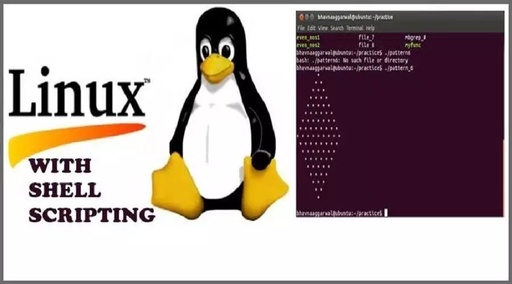Basic Linux Commands | The grep Command – Your Text Search Master
grep Command – Your Text Search Master Command Overview In the world of Linux, the grep command is like a master of the art of searching. Its name comes from “Global Regular Expression Print,” which means it can perform global searches in text using regular expressions. This search master can not only find content in … Read more









